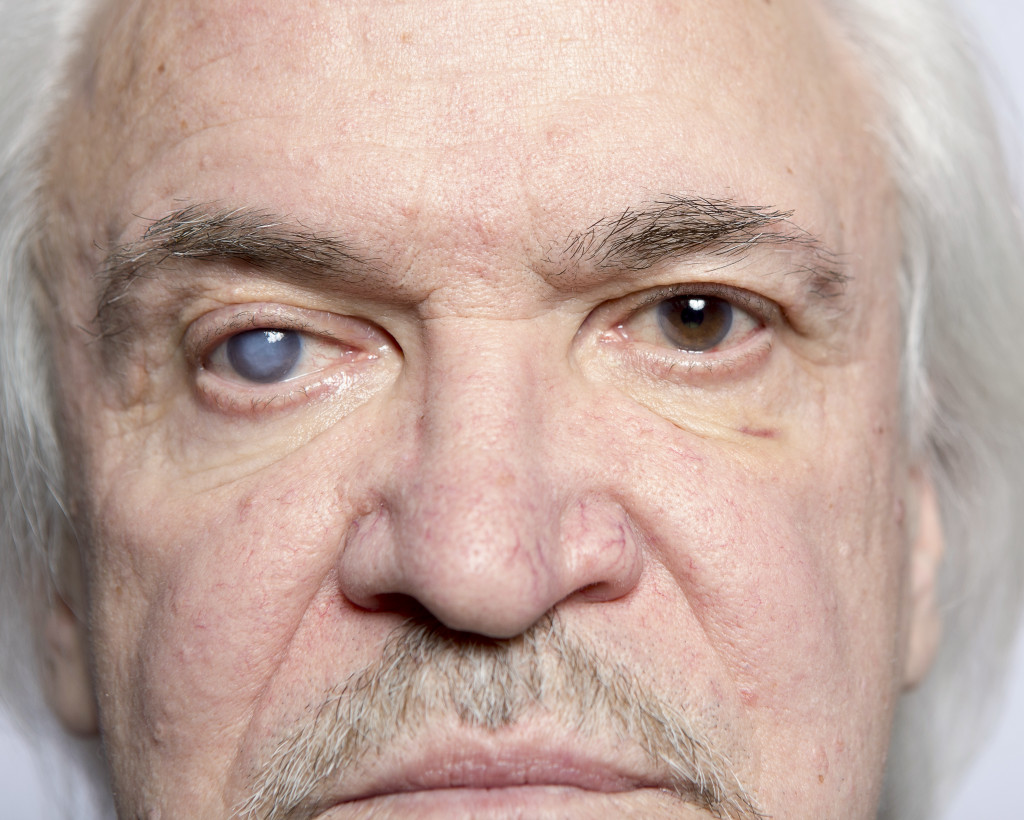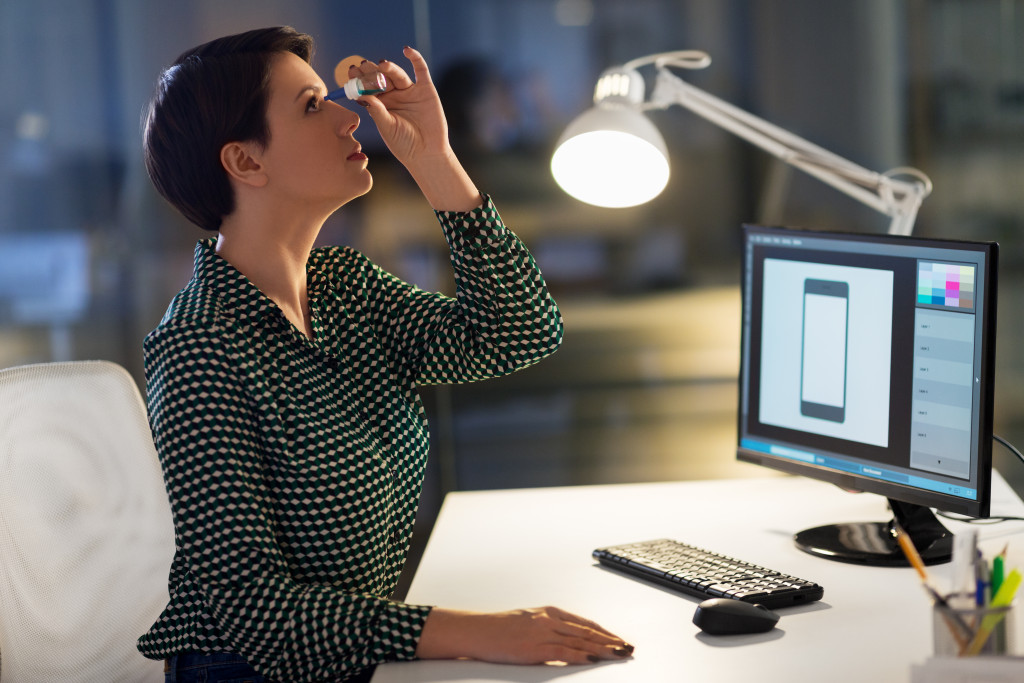- The eyes process light into electrical impulses, allowing us to see and interpret our surroundings.
- Common causes of eyesight deterioration include AMD, cataracts, diabetes, glaucoma, and genetic predisposition.
- Severe eyesight deterioration can be addressed with eye surgeries like LASIK.
- Lifestyle changes and routine eye exams are crucial in maintaining good vision.
- Protecting your eyes from harmful rays and preventing age-related eye diseases is important.
Vision is one of the most important aspects of our lives. It allows people to see the world, experience different situations, and enjoy life in entire colors. However, as you age, the quality of your vision tends to decline. According to experts, several reasons contribute to eyesight deterioration, and it’s essential to understand them to take proper measures to prevent the issue. Here’s a look into how your eyes see, common reasons for eyesight deterioration, and ways to maintain good vision.
How Your Eyes See
The eyes are the primary sensory organs that allow people to see and interpret the world around them. The process of seeing begins when light enters the eye through the cornea, a transparent layer at the front of your eye. The cornea helps focus the incoming light onto the pupil, an opening in the center of your iris. The iris, the colored part of your eye, controls the amount of light that enters the pupil.
After passing through the pupil, the light travels through a lens that further focuses it onto the retina at the back of your eye. The retina contains photoreceptor cells called rods and cones that convert light into electrical impulses. These impulses are then sent to the brain via the optic nerve, where they are interpreted as images.
Common Reasons for Eyesight Deterioration
There are common reasons for eyesight deterioration. Here are some of them:
1. Age-Related Macular Degeneration (AMD)
Age-related macular degeneration (AMD) is a common cause of vision loss in adults aged 50. AMD is a degenerative disease that causes damage to the macula, which is responsible for sharp central vision. The disease progresses gradually, and symptoms may include blurred vision, difficulty seeing in low light, distorted vision, and loss of central vision. While there is no cure for AMD, there are treatments available that can slow down the progression of the disease, such as vitamin supplementation, laser therapy, and injections.

2. Cataracts
Cataracts are another prevalent cause of eyesight deterioration, particularly in older adults. A cataract is a clouding of the eye’s natural lens, which can cause blurry vision, difficulty seeing in low light, and glares. The condition progresses gradually and can be treated with surgery. However, in the early stages, you can minimize the impact by wearing sunglasses, eating a healthy diet, and quitting smoking.
3. Diabetes
Diabetes is a chronic disease that affects blood sugar levels in the body. High sugar levels can damage the blood vessels in the retina, leading to diabetic retinopathy. This condition can cause blurred vision, difficulty seeing colors, and even complete blindness. The best way to prevent diabetic retinopathy is to control your blood sugar levels by eating a balanced diet, engaging in regular exercise, and taking medications as prescribed by your doctor.
4. Glaucoma
Glaucoma is a group of eye diseases that cause optic nerve damage, which can lead to vision loss. This condition often develops without warning, and the early stages can be asymptomatic. As the condition progresses, symptoms may include blurred vision, eye pain, headache, and tunnel vision. Treatment for glaucoma may include eye drops, laser therapy, or surgery, but early diagnosis and treatment are crucial to prevent vision loss.
5. Genetics
Finally, genetics can also play a role in eyesight deterioration. Several eye diseases, such as AMD and glaucoma, have been linked to genetic factors. While you can’t change your genetics, you can take preventive measures to minimize their impact. For instance, if you have a family history of eye disease, you must be more vigilant about visiting your eye doctor regularly and engaging in healthy lifestyle habits.
Ways to Deal With Eyesight Deterioration
While aging and genetics may be inevitable causes of eyesight deterioration, there are ways to maintain good vision and minimize the impact of age-related eye diseases. Here are some tips:

Eye Surgery
One of the best ways to deal with severe eyesight deterioration is through eye surgery. LASIK surgery is a well-known procedure that can correct refractive errors such as myopia, hyperopia, and astigmatism. It’s effective when dealing with many variations of eyesight deterioration.
Lifestyle Changes
Maintaining a healthy lifestyle is crucial for maintaining good vision. Include foods rich in vitamins A, C, and E for eye health. Regular exercise can also help improve blood flow to the eyes, preventing eye diseases. Additionally, quitting smoking and limiting alcohol consumption can also contribute to better eye health.
Routine Eye Exams
Regular eye exams are essential for early detection and treatment of age-related eye diseases. The American Academy of Ophthalmology recommends getting a comprehensive eye exam at least every 1-2 years, depending on your age and risk factors. This allows for early detection and treatment of any potential issues.
Eye Protection
Protecting your eyes from harmful UV rays and blue light is crucial in maintaining good vision. Wear sunglasses with 100% UV protection outdoors, and consider using blue light-blocking glasses when using devices such as computers or smartphones for extended periods.
Eyesight deterioration is a common occurrence as people age, but it doesn’t have to mean the end of good vision. By understanding how your eyes see and being aware of the common causes of eyesight deterioration, you can take preventive measures and maintain good vision for years. Remember to visit your eye doctor regularly, make healthy lifestyle choices, and protect your eyes from harmful elements to ensure healthy vision for life.